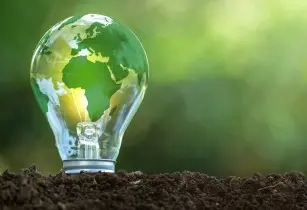IEA executive director Fatih Birol addressed leaders gathered for the G7 Summit in Hiroshima, Japan, highlighting the rapid global progress that is taking place in clean energy deployment – as well as the need to take action to ensure that the path to net zero emissions is as fast and secure as possible
The summit was chaired by Japanese Prime Minister Fumio Kishida under Japan’s 2023 Presidency of the G7 and was attended by leaders of G7 members as well as those of Australia, Brazil, Comoros, the current Chair of the African Union, the Cook Islands, the current Chair of the Pacific Islands Forum, Korea, India, the current Chair of the G20, Indonesia, the current Chair of ASEAN, and Vietnam. President Volodymyr Zelensky of Ukraine also took part in a special session.
Speaking to leaders in a session on energy, climate and the environment, Birol provided the IEA’s latest assessment of global energy markets, highlighting that the clean energy economy is emerging much faster than many people realised. He then went on to discuss the actions needed to ensure that the geopolitically driven energy security risks around oil and gas that have become part of the global energy landscape since the 1970s are not repeated in the case of clean energy.
The IEA was referenced across a wide range of key areas in the G7 leaders’ communiqué and an accompanying Clean Energy Economy Action Plan – both in terms of the Agency’s existing work and requests for it to carry out new analysis and activities – including on critical minerals, clean energy technology manufacturing, renewables, innovation, and reducing emissions from the power and road transport sectors.
The IEA had already contributed analysis across many important areas to the energy and climate agenda of this year’s G7 Presidency ahead of the Ministerial-level meeting in Sapporo in April and was highlighted extensively in the communiqué issued by the ministers. For the Hiroshima Summit, the IEA prepared a new report assessing the latest developments in global clean energy technology manufacturing.
Over the course of the summit, Birol had bilateral discussions with many of the leaders attending, including Prime Minister Azali Assoumani of Comoros.








